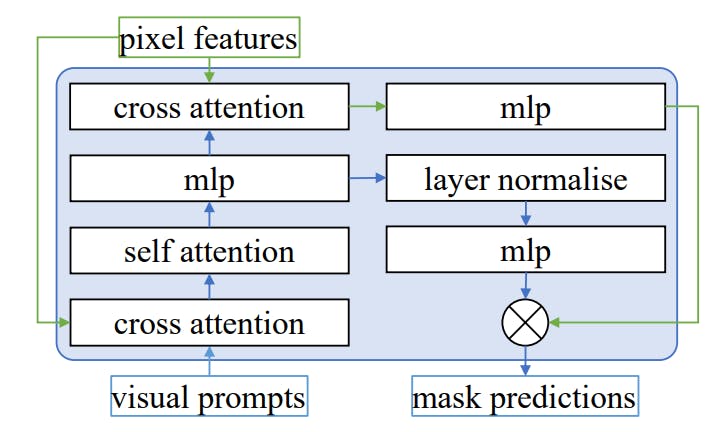We are on the verge of new regulations to regulate the working day in Spain and go from 40 hours per week to a maximum of 37.5 hours within two years. Eurostat data reveal that the average working day in Spain is already 37.6 hours.
However, a recent study sponsored by the European Commission has revealed that, in reality, the working day in Spain has not changed much since the 80s of the last century.
The bias of reduced working hours. The working day in Spain has been stuck at a maximum of 40 hours per week since Felipe González’s government approved it in 1983. Four decades later, that limit continues to be in force.
The study carried out by researchers from the Joint Research Center of the European Commission (JRC), considers that full-time working hours in Europe have remained almost unchanged during all these years, despite technological advances that promised fewer hours of work. work and the perception that working hours have been reduced.
The influence of part-time employment on the figures. The study’s authors point out that one of the key reasons for this apparent “stagnation” is the rise of part-time employment since the 1990s.
According to the JRC study, the increase in part-time jobs has contributed to reducing the average total hours worked. That is, the average working day was not decreasing because full-time employees worked less than 40 hours, but because there were more and more employees working part-time in Spain.


Data on full-time working hours between 1870 and 2022. Source: JRC
Precariousness and family conciliation. The authors of the study attribute the increase in part-time contracts to the precariousness of employment, especially in the service sector and tourism-oriented, since the 1990s. They also highlight the progressive incorporation of women into the workforce as a determining factor. , faced with the need to balance caring for the family, more frequently opts for this type of part-time employment. According to official data from the National Institute of Statistics, part-time work among women represents 21.6% of the total active population, compared to 6.6% for men.
On the other hand, the weakening of the industrial sectors, where a full-time 40-hour day is more common, has also contributed to the perception of the shortening of the day, causing the average of the total hours worked to drop due to the increase in part-time jobs. If part-time employment were excluded from the statistics, the working day in Spain would continue to be 40 hours or more for full-time workers in the private sector.

The increase of the public sector. The increase in the workforce in the public sector has also had an influence on the reduction in the average hours worked in Spain. In 2019, the working hours of Public Administration officials were reduced to 37.5 hours per week, and in 2023 a second reduction in working hours was applied to 35 hours.
This phenomenon is not exclusive to Spain. According to the JRC study, in all the countries analyzed there is a contrast between the public and private sectors in terms of the length of the working days.
Overtime raises the average. The researchers point out that long hours are maintained in the industrial and service sectors of the private sector, where in addition to 40-hour days being more common, high levels of overtime, both paid and unpaid, are recorded.
According to data from the INE, in the last quarter of 2023 a total of 6.34 million overtime hours were recorded in Spain, of which 2.47 million were not paid and, therefore, were not recorded as part of the shift. , although they were worked on. According to the report, if all these overtime hours were included, the average working day would be above 41 hours per week, surpassing countries such as Germany or Denmark that have also been analyzed along with Spain.
Qualification and work by objectives. Sergio Torrejón, one of the authors of the study, explained in his profile of X the impact of training levels and cultural influence on the length of the working day. “We observed that those who work longer are those who have higher educational levels, which can serve as a proxy for professional status. There seems to be a cultural explanation,” noted the co-author of the report.
The study ensures that long hours are observed especially among highly qualified workers, who organize their days based on objectives and not a specific day. On the other hand, those who perform low-skilled jobs have seen their hours reduced in recent decades. This phenomenon affects not only Spain, but also other European countries.
In WorldOfSoftware | Fewer hours, more production: tests of the four-day work week have revealed that the problem is not the working day
Image | Unsplash (Maxime Agnelli)












